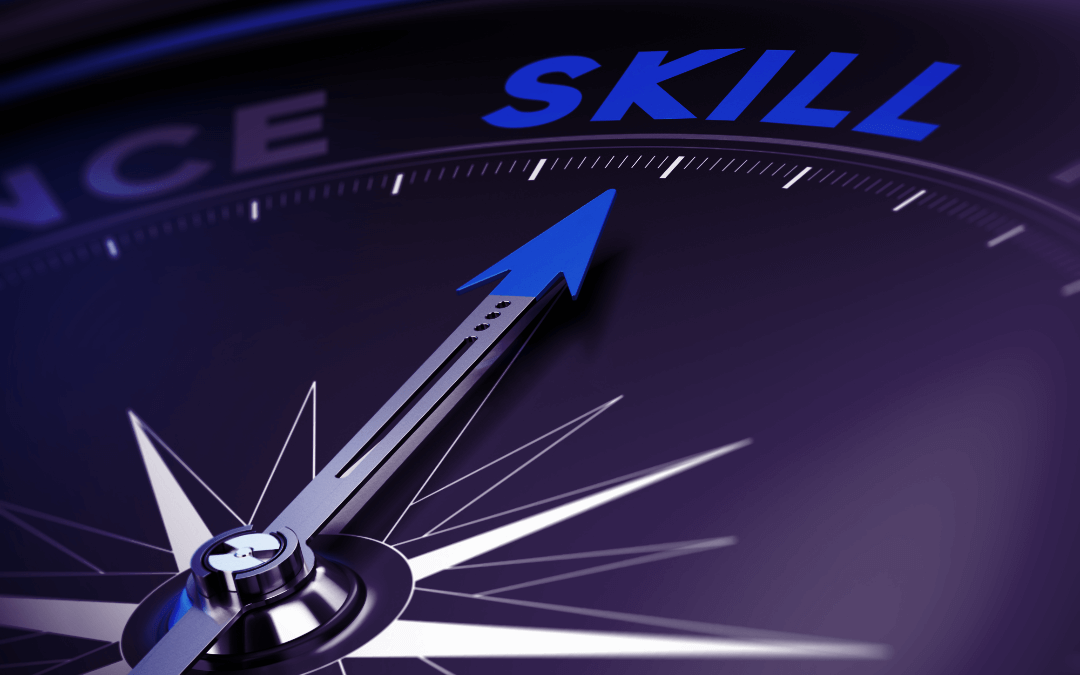It all began with Keanu Reeves. A few years ago I was in a deep depression. Even I couldn’t stare at the wall all day though so I found myself a project. I decided to watch every movie Keanu Reeves made. How hard could that be, right?
Harder than I thought! But when I finally watched Point Break, I was hooked. I still haven’t seen all of his movies. I’m up to 64 out of 80(!). Some of the older ones are hard to come by. But I’m getting there.
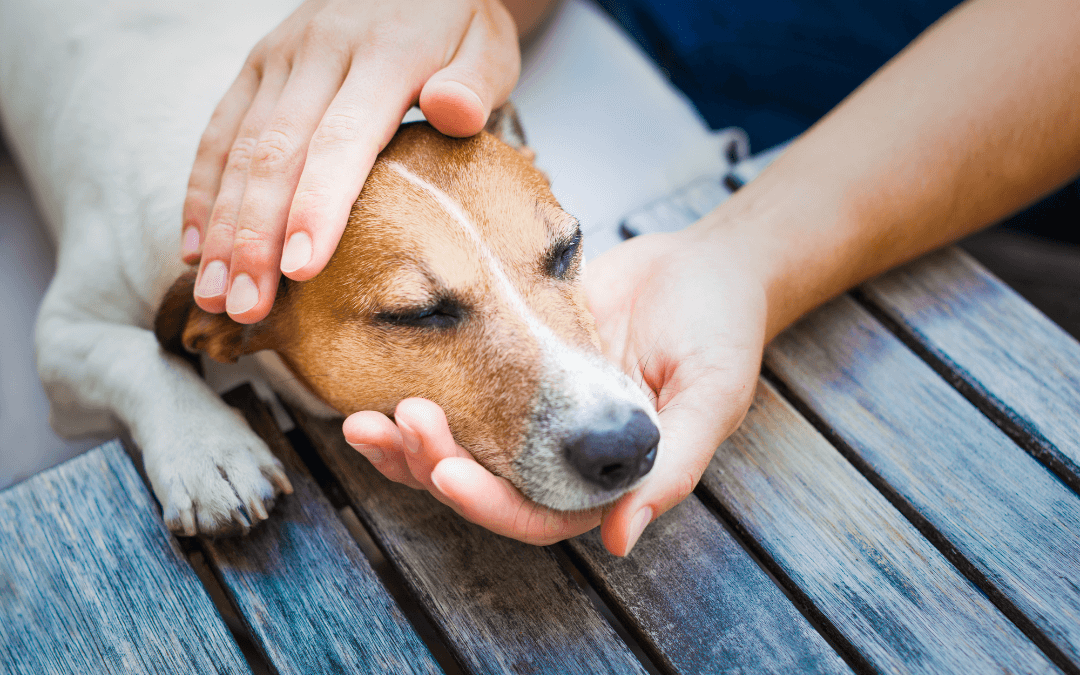
My Muse
I learned a few things on the way too, like what kind of creator and what kind of a person I wanted to be. I admire Keanu Reeves a great deal which is unusual for me, because I rarely admire anyone. People are different, not better or worse, so that’s that. Nothing to see. Moving on.
But I loved the way he creates: Show up, do your best, move on. Create A TON. Yes, please! And then there was his reputation as one of the kindest men in the world. Intriguing.
Which brings me to the topic of this post. I watched a few interviews by and about Keanu Reeves to figure out what made him so kind. Here’s what it boiled down to: He does kind things for others, and he talks kindly about other people. From that I inferred that he might even have kind thoughts.
Was this it? If I wanted to be kind all I had to do was take kind actions, say kind words and think kind thoughts? If so, anyone could be kind. Anyone could learn and practise this!
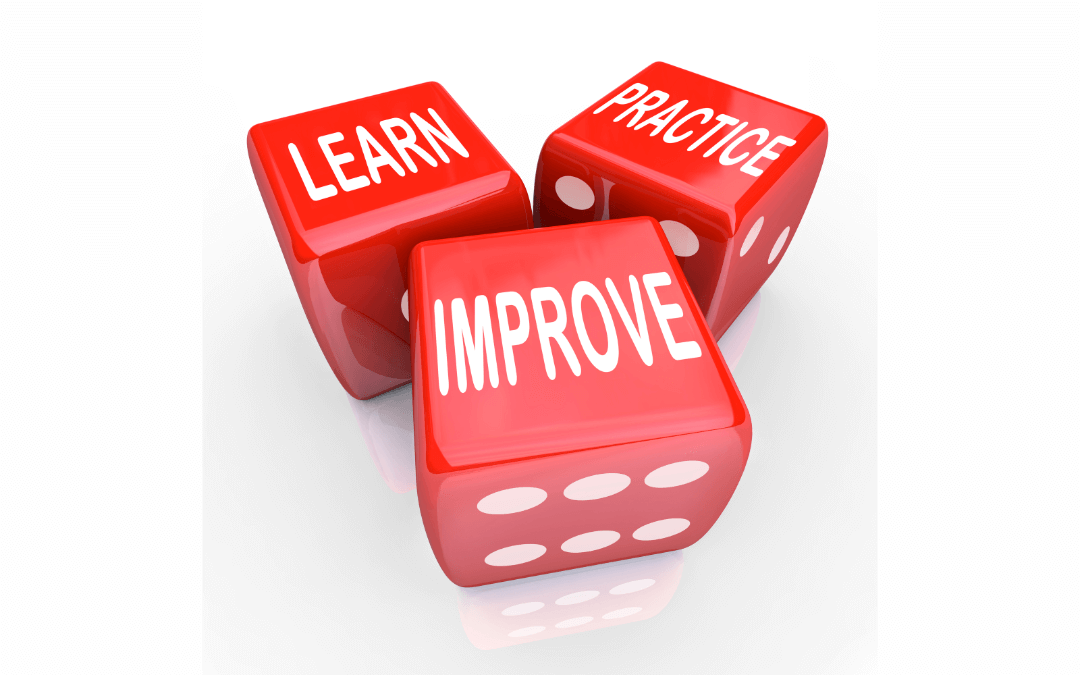
Is kindness just a skill?
My mind was blown. But it got better. If kindness is a skill, what about all the other attributes we think are permanent? What about generosity and happiness? What about being calm?
The answer is yes, yes, and yes. Everything is a skill. You can learn to be anything you always wanted to be.
This does not feel intuitive. We tell ourselves and others that you are either a kind person or not. You’re either generous, or not. Even in stories characteristics are assumed to be part of who the character just is. These qualities are supposed to be eternal unless there’s a huge traumatic event in a character’s life.
Scrooge is a miser until he is shocked out of his stinginess. Elizabeth Bennett is prejudiced until she makes a terrible mistake misjudging two men and her sister has to pay the price. The change, these stories imply, is only possible because characters went through a mistake, a shock, terrible consequences. Afterwards, the characters are transformed and their new characteristics become permanent. Scrooge is generous and Elizabeth no longer prejudiced.
But there’s a reason why fiction is called fiction and not reality. It simplifies reality. In real life, people are not fixed. We change all the time. Seriously. Every day.
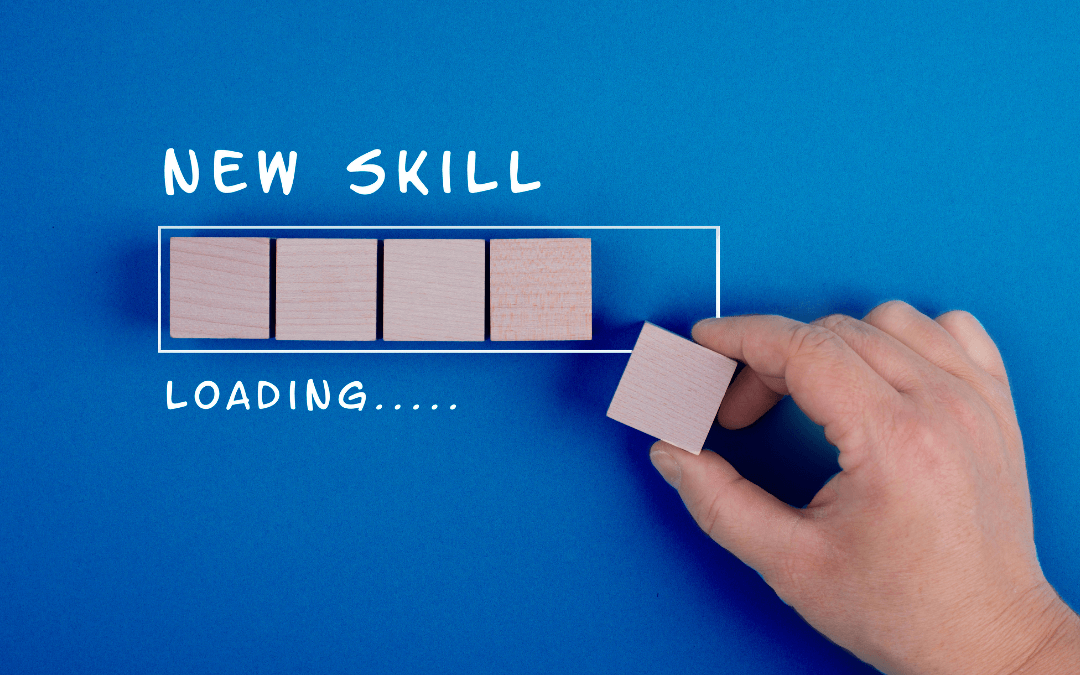
Your character changes all the time
Think back to your five-year-old self. Were you more generous back then or less? Were you funnier and happier back then? I bet you changed a lot. I used to be quite shy but now I’m the opposite. Our characters are malleable. They change all the time anyway. So why not go for a conscious change?
Every attribute you ever wanted is a skill that can be broken down into three areas: What you do, what you say and what you think. So any characteristic – kindness, gratitude, even happiness – can be learned and practised.

My new skill: generosity
In school I was on the science track and old habits die hard. A theory needs to be tested. So I decided to become a generous person. I’ve always wanted to be generous. As a matter of fact, I used to think I already was a generous person until one day I took an honest look at myself.
Did I act generously? Nope. I only shared when it was super convenient. And often it only occurred to me to share if people asked directly or hinted strongly. Did I speak generously? I’m very funny and witty but I also have a mean streak. To be fair, I’ve been working on suppressing this for a few years now, but it never occurred to me to replace my words with generous alternatives. Did I think generously? Again, nope. My mean streak was even more pronounced in my mind.
But now that generosity is a skill, I can change all of that. I can become a generous person. I’ve started thinking generous thoughts of others, especially when they are rude or unfriendly to me. Maybe they are simply having a bad day. They might be tired. So many people are. It’s not really about me anyway. Live and let live.
When I catch my critical thoughts about other people, I shift my focus to something interesting and appealing about the person instead. Maybe they have beautiful hair or a lovely smile.
I’m making a conscious effort to share. I have spare change handy in case someone asks for it. (Giving without being asked is level 2.) I increased my tips and even tip in situations where old me would not even have dreamed of leaving one.
But generosity is not just about money. I also take the time to listen to people and share my own story. I share my time and my work with others. And when I meet new people, I pay them as many genuine compliments I can think of.
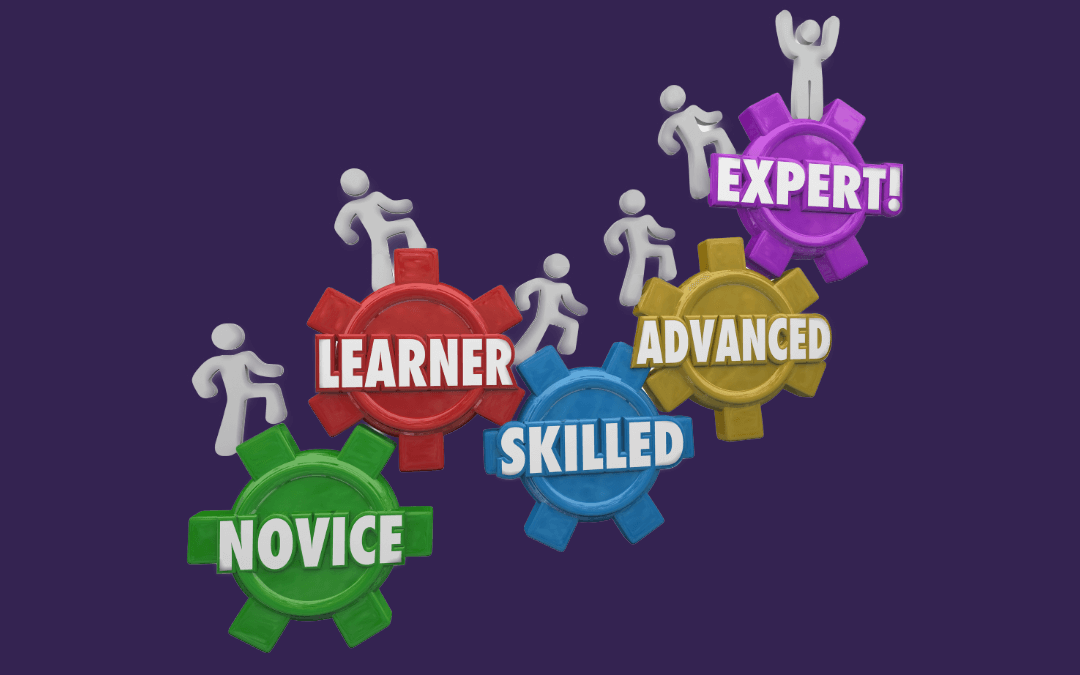
The learning curve
Some of these steps are quite difficult for me. Especially the money part because I used to be rather stingy. But now that I know that generosity is just a skill, that I can learn it and get better at it, that it will become easier the more I practise, I also know that those difficulties and the discomfort are just temporary. Part of the learning curve, that’s all.
Best part, I am already noticing results. When I find an interesting article or video or movie or book my brain now automatically wonders who else should might benefit from it.
When people stop me to ask a question, I wait a few seconds in case they want to chat. (Old me answered the question and immediately wandered off. I know!) Compliments now come to me easily and I am getting better at noticing something positive about everyone.
These results tell me that I am on the right track. Now all I have to do is keep practising, keep sharing, keep noticing my thoughts and before I know it, generosity will become a habit. From there it’s just a tiny step to a character trait.
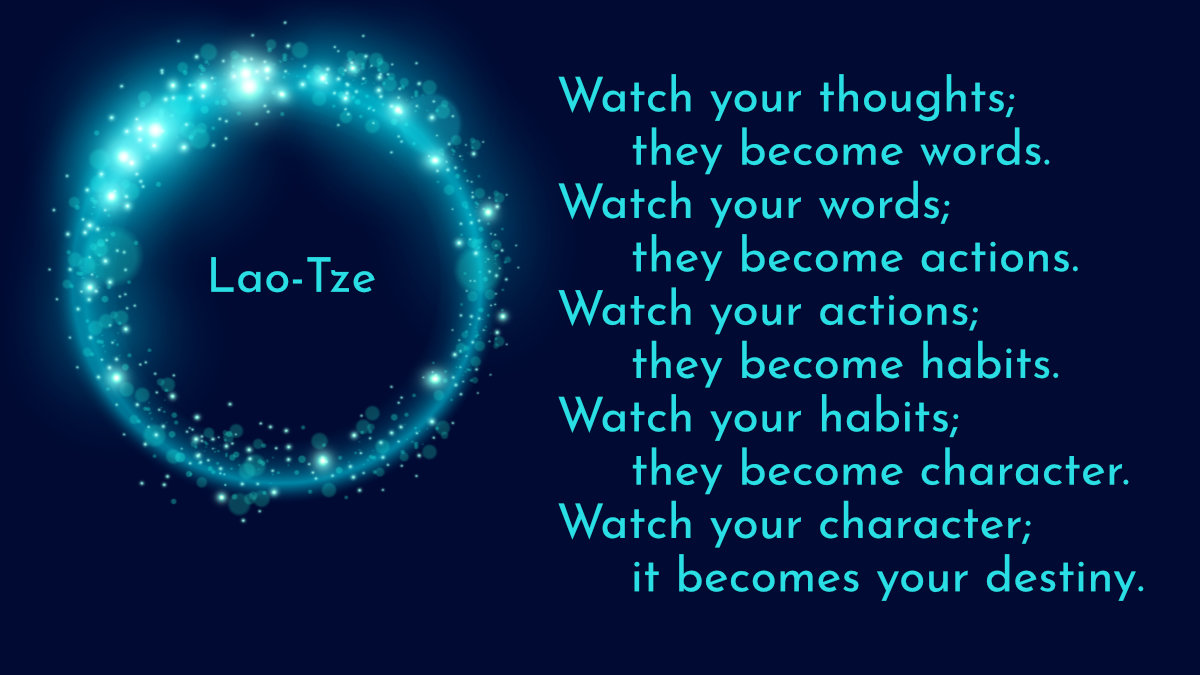
How to become anything
Which characteristic do you admire in others? Have you ever wanted it for yourself? Well, now you can. Simply think of it as a skill: What skill do you want to learn? Kindness? Generosity? Happiness? Whatever it is, here’s the how to. Answer the following questions, ideally in writing:
- What is the charactersistic you’ve always wanted to have?
- What does a kind/generous/happy/etc. person do?
- What does a kind/generous/happy/etc. person say?
- What does a kind/generous/happy/etc. person think?
There’s your to-do list or your guidelines if you dislike to-do lists. Like any other skill you learned in the past, it might be difficult at first. It will probably be uncomfortable. But that’s ok. Discomfort is part of learning.
Take a deep breath. Focus on the person you are becoming. The kind you. The generous you. The happy you. Then take the next tiny step. Know that if I can become generous, you can absolutely become anything you want too!
Now off you go. Do, say and think whatever it is you want to be!
